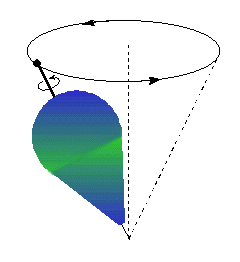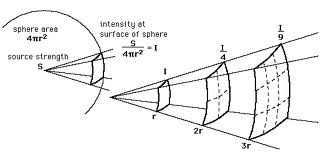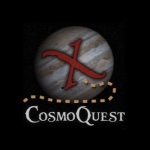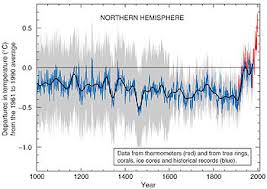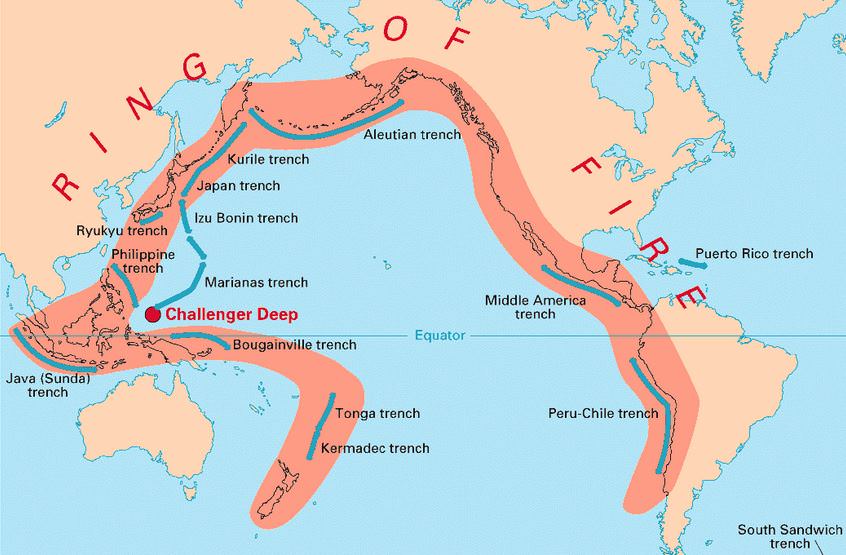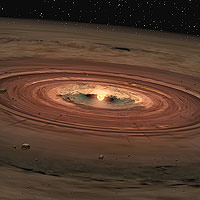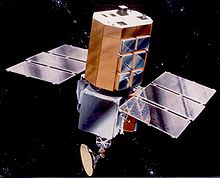Hosts:
Fraser Cain (universetoday.com / @fcain)
Dr. Paul M. Sutter (pmsutter.com / @PaulMattSutter)
Dr. Kimberly Cartier (KimberlyCartier.org / @AstroKimCartier )
Dr. Morgan Rehnberg (MorganRehnberg.com / @MorganRehnberg & ChartYourWorld.org)
Dr. Natalie Hinkel is a Planetary Astrophysicist at the Southwest Research Institute and a co-investigator for the Nexus for Exoplanet System Science (NExSS) research network at Arizona State University. Natalie studies elements in our solar neighborhood (i.e., within 150pc of the Sun,) to learn how element abundances impact the structure and mineralogy of planets.
Continue reading “Weekly Space Hangout: Feb 6, 2019: Dr. Natalie Hinkel and “The Hypatia Catalog””

